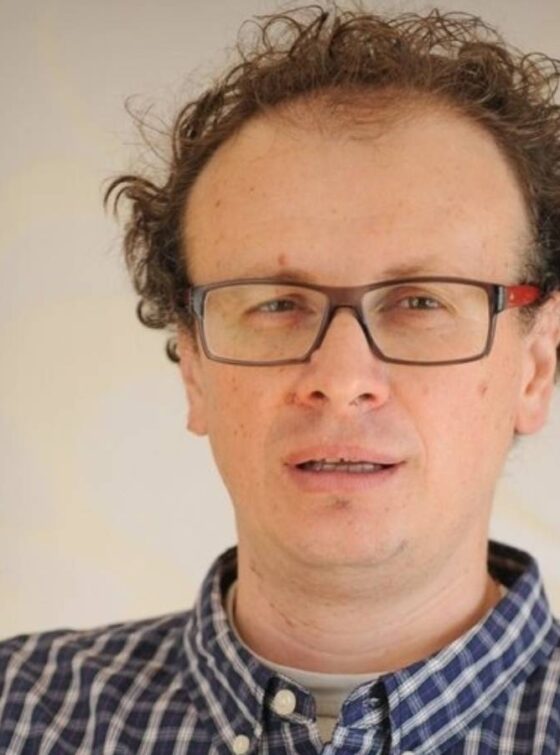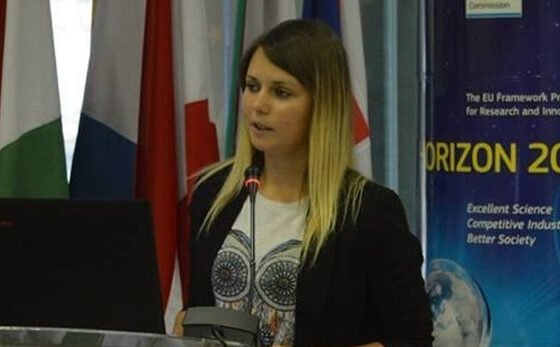Remembering the past on Social Media
AUTHOR: VLADAN ĐUKANOVIĆ Photo credits: Vladan Đukanović We often treat social media as something new and even unknown, despite it having been part of our lives for over a decade. Ever since it made its explosive debut in the Balkans, […]
Dealing with the past in the times of Social Media
AUTHOR: SRĐAN PUHALO Photo credits: Zlatko Popović “Dealing with the past relates to processes of confronting a violent past, meaning violence towards against all victims regardless of their ethnic, political or other affiliation. Dealing with the past occurs in any […]
Facing your Painful Past every day: The difficulties of Dealing with the Past in the Digital Age
AUTHOR: BESNIKE SALIHU Photo credits: Besnike Salihu The digital era has introduced us to online media and social networking platforms, which have made it easier to obtain multiple formats of information in real time, fostered greater connection, brought people closer, […]
The Trials are Ending – Now What?
Photo credits: Jovana Prusina When we speak about transitional justice, we are also speaking about criminal justice, victims and witnesses, missing and internally displaced persons and their families, mass graves and the right to truth, reparations, lustrations and more. War […]
Inside the Trap of Fake News
AUTHOR: FITIM GASHI Photo credits: Fitim Gashi Trigger Warning: This article contains graphic language depicting sexual violence against women that took place during the war in Kosovo. A member of the parliament caused a scandal with a photograph on the day […]
Role of Social Media in the Affirmation of Revisionism, Re-writing the Past and the Culture of Forgetting
AUTHOR: BELMA BULJUBAŠIĆ Photo credits: Vladan Cvetković Social media is a powerful tool of the 21st century. Although its positive aspects are immense, it is often abused and used for propaganda and manipulation. A large amount of lies, disinformation and […]
Social media and portals – A space for overcoming or reinforcing prejudice?
AUTHOR: KATERINA SMILEVA Photo credits: Katerina Smileva The dilemma of whether the influence of online media is more positive or negative, will plague us for as long as these platforms exist. The fact is that Facebook, Twitter, Instagram and other […]
Close but Unknown
AUTHOR: FAHRI HISENI Photo credits: Fahri Hiseni It is difficult to comment on interethnic relations in any society and doing so from a Balkan perspective is no exception. One reason for this is the complex historical context within which the […]








